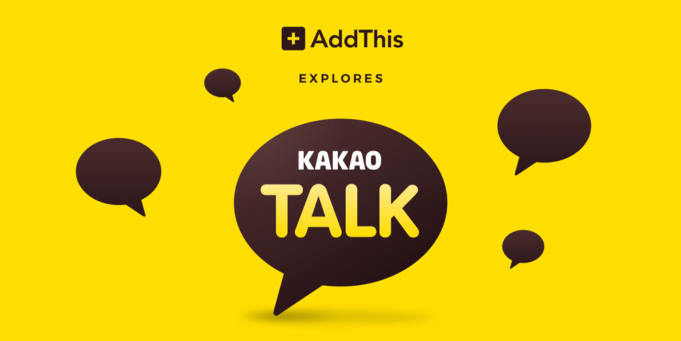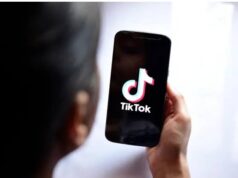The founder of South Korean internet giant, Kakao, Kim Beom-su, has become the richest person in the country.
His emergence was bolstered by a surge in the company’s shares; it has more than doubled its price this year as people continue to live, work and play online.
As of Wednesday, Kakao shares are up about 110% in 2021, adding $5.6 billion to Kim’s net worth since Forbes calculated the fortunes of Korea’s wealthiest in May. He was No. 4 on the Korea wealth rankings.
The self-made entrepreneur currently has an estimated net worth of $16.2 billion on the Real-Time Billionaires List, $3 billion more than Celltrion cofounder Seo Jung-jin, who was Korea’s richest person but is now at No. 2.
Kim, 55, grew up in one of Seoul’s poorest neighborhoods, the son of a pen factory worker and a hotel maid with a grade-school education. The third of five children, and the eldest son, he and his siblings were raised in a one-bedroom apartment by their grandmother as their parents worked to feed them.
Kim paid his way through college by offering private tutoring, sometimes skipping meals to save money. In March, Kim signed the Giving Pledge, a campaign launched in 2010 by Bill Gates, Melinda Gates and Warren Buffett to encourage wealthy people to give away at least half their wealth.
Before starting Kakao in 2010, his first venture was Hangame, an online game developer, which merged with a search company to form what’s known today as Naver, Korea’s other internet giant. Kim launched Hangame after spending five years grinding away inside Samsung’s IT services group until the first dot-com bubble lured him away.
Now, Kakao is one of the largest business groups in Korea, alongside the likes of Samsung, Hyundai, SK and LG – the family-owned conglomerates known as chaebol.
“The COVID-19 pandemic has accelerated Kakao’s expansion due to the rapid growth in demand for online services,” says Rajiv Biswas, Asia-Pacific chief economist with research firm IHS Markit.
Kakao’s digital businesses were already doing well before COVID-19. It started with a mobile messenger service and expanded through mergers and acquisitions with 100 other companies, Biswas says. The messenger service, KakaoTalk, garnered 45 million users and a nearly 95% share of the domestic market in 2018, says Dongkeun Yi, an analyst with research firm Counterpoint Research.
Taking that user base to other places, Yi says, Kakao added advertising, e-commerce, maps, games and financial services. The company also does webtoons, or digital cartoons.
Its Kakao Pay service got a particular lift from collaborating with Ant Group, market analysis firm Gartner said in a March research note. Ant helped Kakao with QR codes, facial recognition technology and a payment engine, the report noted.
One Kakao business unit, Kakao Games, went public in September, raising about $320 million. Kakao is also expected to list its Kakao Bank unit as early as next month, which could fetch $1.8 billion. Its next move will explore B2B2C (business to business to consumer) infrastructure, says Nyunsoo Na, an analyst with research firm IDC.
“However, there is a hustle in this area since AWS (Amazon Web Service) and Microsoft dominate the market,” Na cautions.
The company is expanding now through its Kakao Entertainment mass media company and the taxi-hailing app Kakao Mobility with plans for IPOs next year, Biswas notes.
Kakao eventually plans to operate an ecosystem as complete as WeChat in China, Yi forecasts.
- Tinubu to ministers: Obtain presidential clearance for police escorts - December 10, 2025
- Jigawa: Between Gov Namadi and Persons with Disabilities - December 10, 2025
- Death came for the king’s seven sons, by FUNKE EGBEMODE - December 10, 2025










